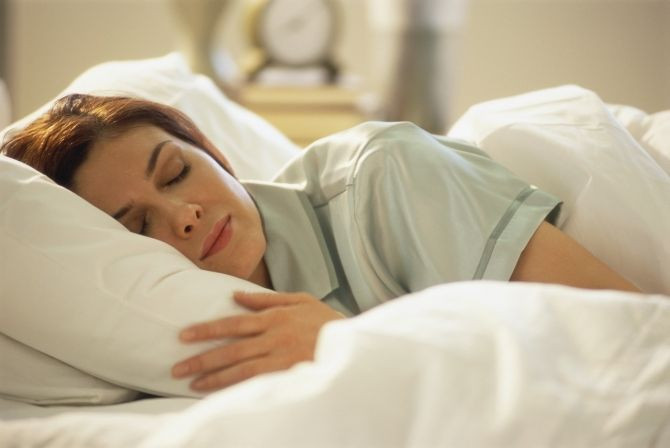Sleep May Be More Powerful Than Codeine for Pain Relief

Sleep may work better than the powerful painkiller codeine in relieving pain, according to a new study that found that not only can dedicating more time to sleep promote daytime alertness, it can also mean less pain sensitivity.
"Our results suggest the importance of adequate sleep in various chronic pain conditions or in preparation for elective surgical procedures," study lead author Timothy Roehrs said in a statement.
"We were surprised by the magnitude of the reduction in pain sensitivity, when compared to the reduction produced by taking codeine," Roehrs added.
The latest findings, published in the journal SLEEP, consisted of 18 healthy, pain-free, mildly sleepy adults who were randomly assigned to four nights of either maintaining their habitual sleep time or extending their sleep time by spending at least 10 hours in bed per night.
Researchers said that objective daytime sleepiness was measured using the multiple sleep patency test, and pain sensitivity was measured using a radiant heat stimulus.
The findings show that the extended sleep group slept 1.8 hours more per night than the habitual sleep group, and that the increase in sleep time associated with daytime alertness and less pain sensitivity.
Researchers said that the participants in the extended sleep group were able to hold their finger on a radiant heat source by 25 percent longer, compared to the habitual sleep group. Researchers said that the magnitude of this increase in finger withdrawal latency is greater than the effect found in a previous study where participants were given 60 mg of codeine.
Researchers say that the latest study is the first to show that extended sleep in mildly chronically sleep-deprived volunteers reduces their pain sensitivity, and suggests that pain sensitivity in sleepy individuals is the result of their underlying sleepiness.
Published by Medicaldaily.com



























